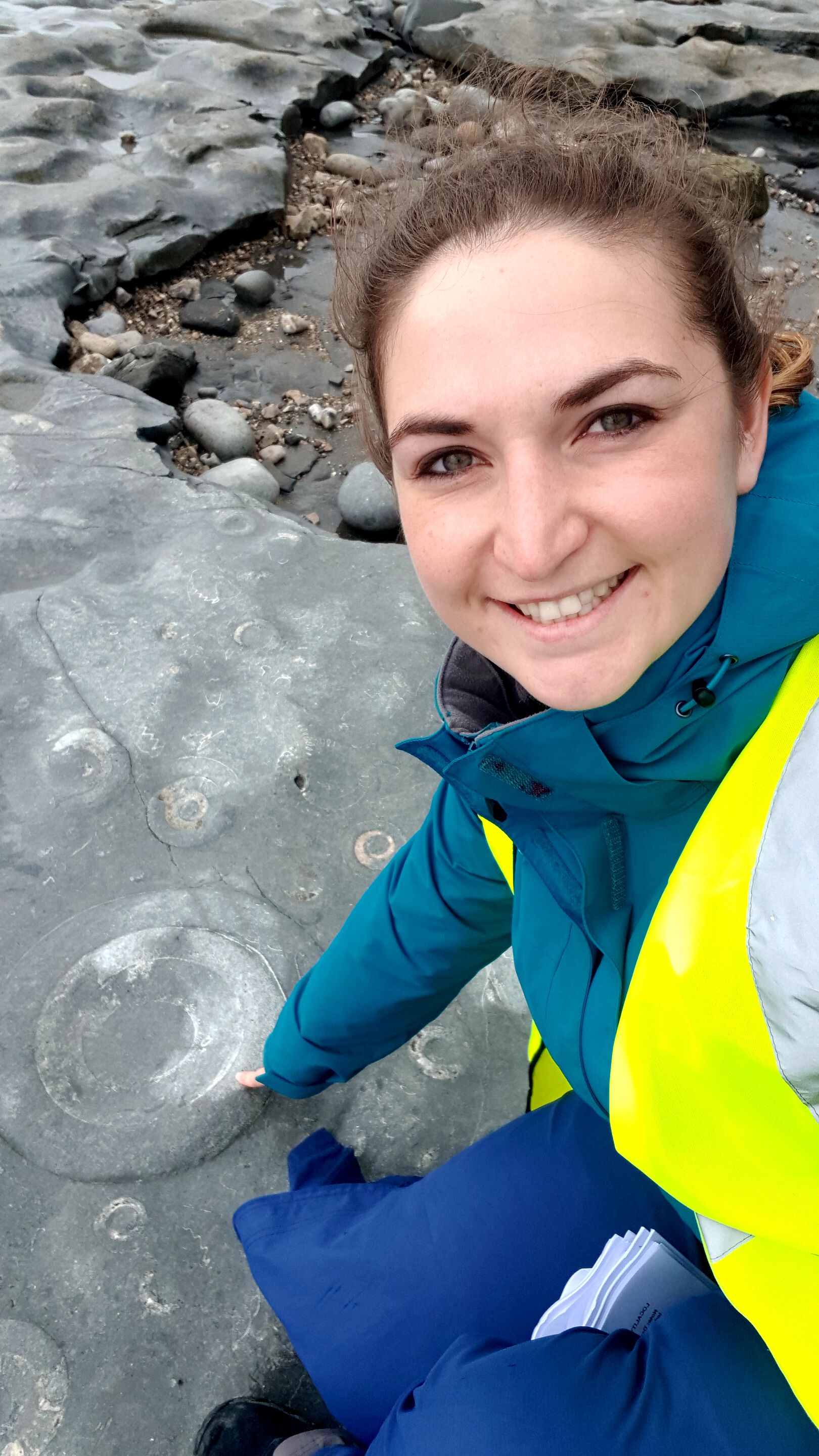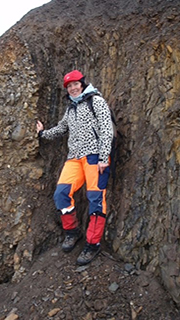
Rikke Bruhn and Sian Evans from the department of Geoscience UiO, Oslo are part of an expert group researching and developing CO2 Storage in the North Sea. In an interview with Dr. Rachelle Kernen during a podcast produced by Energy Geoscience and Midwest Regional Carbon Initiative (MRCI) our two dynamic women talk about strategies for identifying and assessing sites to successfully store CO2. They emphasised the need for rapid upscaling and discussed the relative
advantages and disadvantages of using old,
depleted oil/gas fields versus unexploited aquifers in frontier areas.

They went on to stress that CCS is part of the broader energy transition and will be essential used to decarbonise heavy industries, such as cement production and waste-to-energy facilities, as well as other hard-to-abate emissions from oil and gas. CCS works hand in hand with renewable energies towards a sustainable future.
Listen to the Podcast:
After 26 minute the podcast take home message was, each country should look and work with what they have available locally. This will allow us to keep the costs down and to make this technology widely available as soon as possible.
CCS, is it Expensive?
For more about the cost of CCS
CCS Projects in Norway: